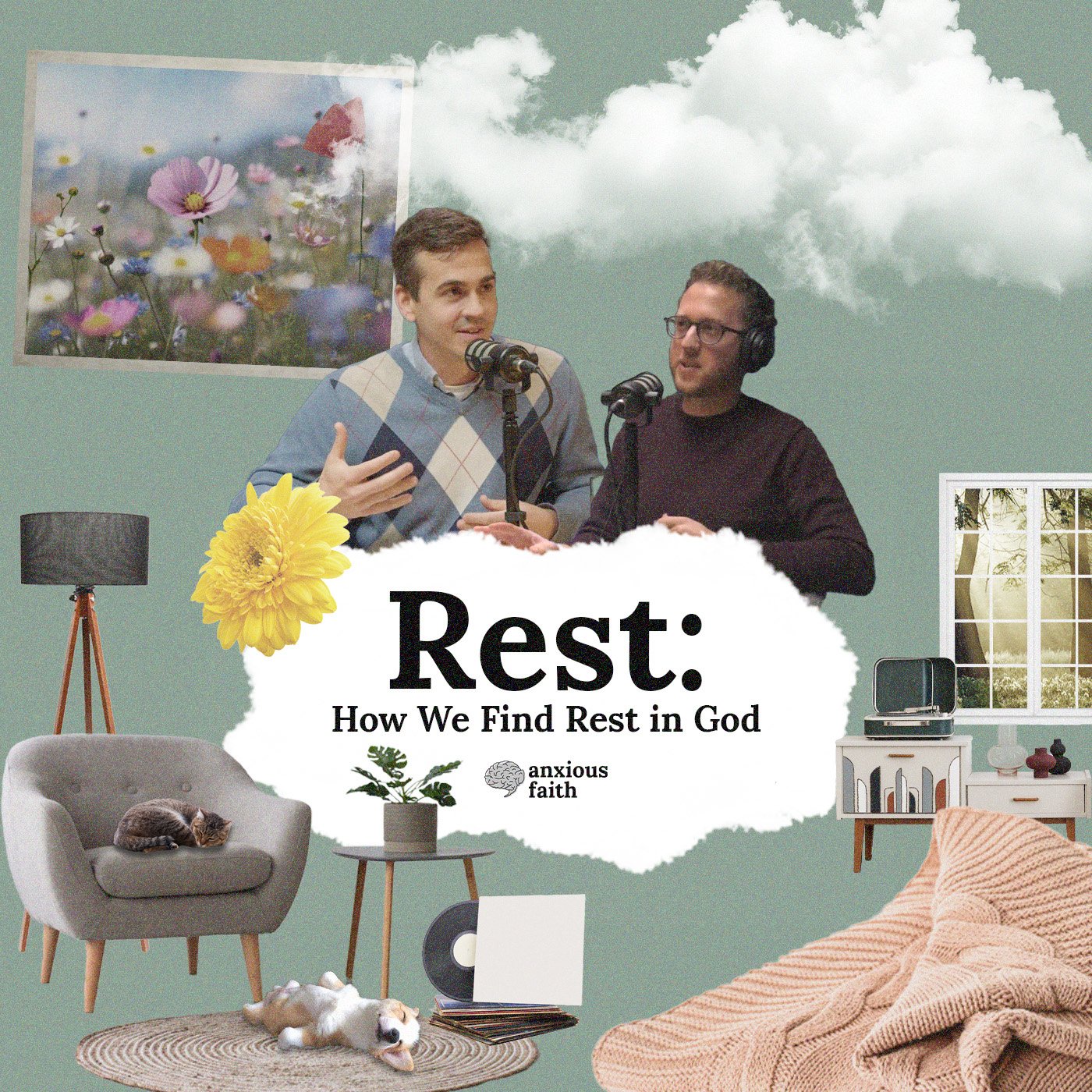Is It Wrong to Doubt God?
Written by Mike Riddell, Australia
Like a heavy fog lying over a valley, doubt has a strange ability to cloud so much of our lives and cast an ever-present shadow on our relationships with each other and God. Doubt can be especially present for those of us who live with mental health challenges like anxiety or depression.
Doubt comes in all sorts of ways in different arenas of our lives: doubts about our decisions, thoughts, actions, conversations with friends or ability in the workplace. And doubting God can be an especially common experience. We can doubt His goodness, His grace, His provision or His strength and willingness to help. We can also doubt aspects of our relationship with Him, such as our salvation or our ability to serve Him.
If we struggle with doubt, it’s good to know that we’re not alone. And for those of us who know Jesus, sometimes we need to be reassured that doubt may not be the problem we make it out to be. In fact, doubt is a very normal part of a healthy life with Christ. Knowing this may just bring peace to those of us who are worrying through our doubts.
While doubt can certainly cause problems, it can also be a catalyst for growing in our experience of God and strengthening our trust in Him.
Help My Unbelief!
There’s a passage that I’ve found really encouraging which illustrates the redemptive power of doubt. In a moment recorded in Mark 9:14-29, a desperate father brings his son to be healed by Jesus. Amid this chaotic scene the boy’s father exclaims: “I believe; help me overcome my unbelief!” (Mark 9:24). It's a well-known verse and I think the father's request hits on something important about doubt along our journey of faith: we can believe God wholeheartedly, whilst being honest about our experiences of doubt at the same time.
Jesus’ response to the father, or rather, lack of response, is very revealing. Jesus does heal the boy (and therefore addresses the thing that the father is doubting about), but Jesus doesn’t directly tackle the fact that the father is doubting. Jesus has certainly said some strong words about unbelief earlier in this scene, but when talking specifically here to the father, Jesus doesn’t pull this guy up and rebuke him. He doesn’t say “you just need to believe” or “stop doubting”. Why? Because I think Jesus is first allowing space for the father's doubt, and then helping him in the process of working through that doubt.
“From this passage, I think it’s fair to say that doubt can be a very normal part of someone’s Christian life and journey of faith. BUT, I think there’s an important caveat that needs to be made....”
Doubt Isn’t a Good Home
While it might be encouraging to hear that doubt is very much a normal part of someone's journey with Jesus, we shouldn't allow doubt to become the destination. While doubt is something we're likely to visit from time to time on our journey through life, it's a lousy place to make our home.
Ultimately, I think we can express our doubts because God is big enough to deal with them. God is powerful and isn’t affected by our doubts. God’s power is not dependent on the strength of our faith or affected by the frailty that our doubts reveal.
Instead of trying to suppress them or hoard them or run away from God and our faith because of them, let's enter into conversation with God and with the people of God to process and explore the questions of doubt that might be arising.
So then, what do we do with doubt? What do we do with the questions and thoughts that often arise in the Christian life? Especially the questions that arise when we are struggling through days of anxiety?
Working Through Doubt
I think one step is to ask questions that come from a place of reflection. We don’t want to just ask questions for the sake of asking questions. We want to ask questions about things that mean something to us, that have challenged us, and that have made us stop and think. When we reflect on life and our experiences of anxiety or depression or other conditions, we can then take note of the questions that arise in us.
A second step is to find a community that provides a safe space to ask those questions and express our doubts. This can be tough because it’s something that many churches struggle with, but it’s important to find a supportive environment with other believers to ask these questions. It can help to express doubts with those who share very similar experiences and beliefs to us, but it’s also helpful to share our doubts with people who are different to us, because they can sometimes give us a different perspective on our questions.
A third step is to walk through this process in a humble manner, following God’s leading. To do that I think we need to approach God, asking Him to guide us and speak to us through the Bible, His Spirit and His people. What’s more, we need to be willing to listen to His response; even if it involves hearing answers that we may not like.
“Lastly, it’s important to recognise that the answers might not come immediately (and sometimes not at all). I think there’s a lot in life that is a mystery and there are questions that we simply won’t have answers to.”
So, as I’ve said (and as I’ve experienced myself), while doubt can be a catalytic moment in someone’s healthy and growing faith, it’s an unhealthy place to make our home. But God allows us the space to work through our doubts and, in the end, we may well find that this process actually strengthens our faith in Christ.







I’m an imposter. It was the thought that flew into my mind as the van bumped its way over the cattle grates and through another paddock. I was an imposter, because I wasn’t sure how to connect with God. I’d been feeling distant from Him for months…